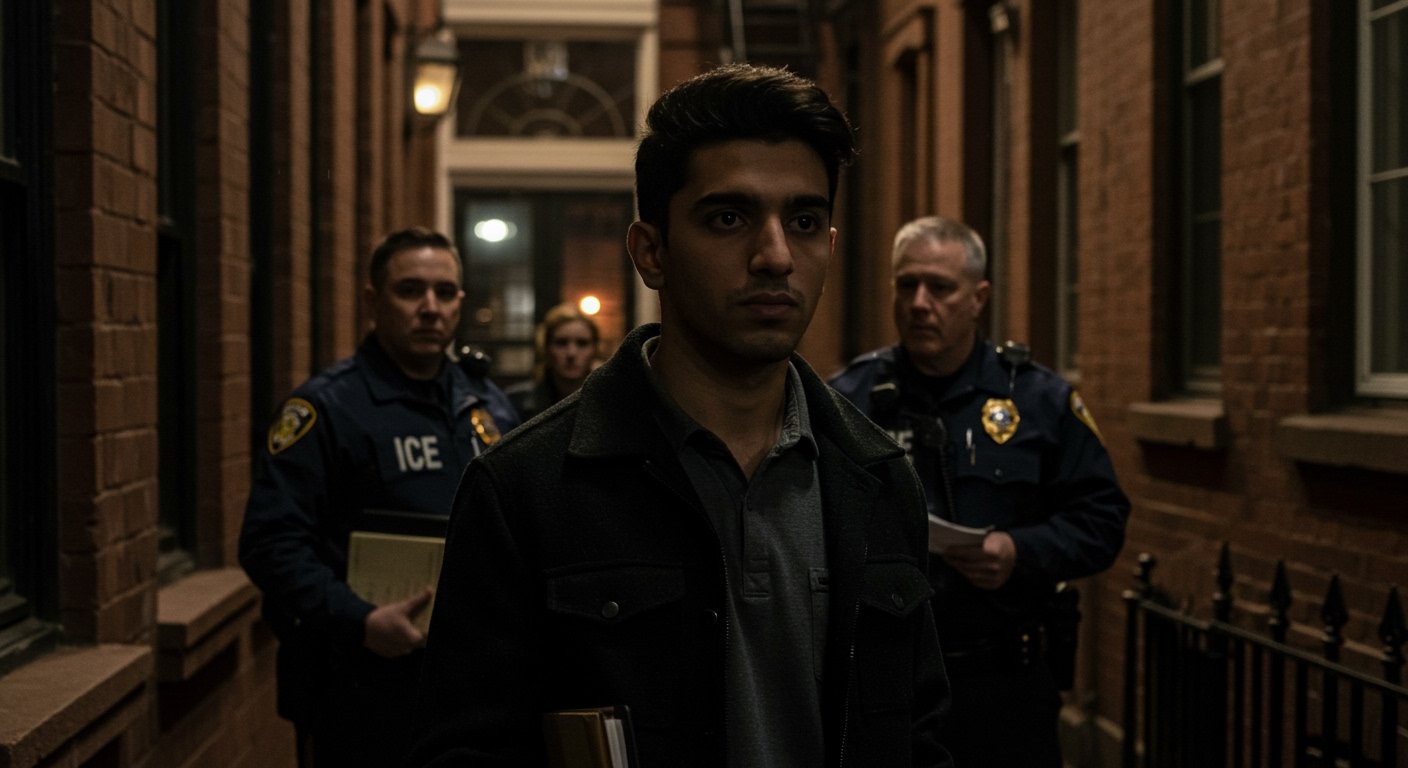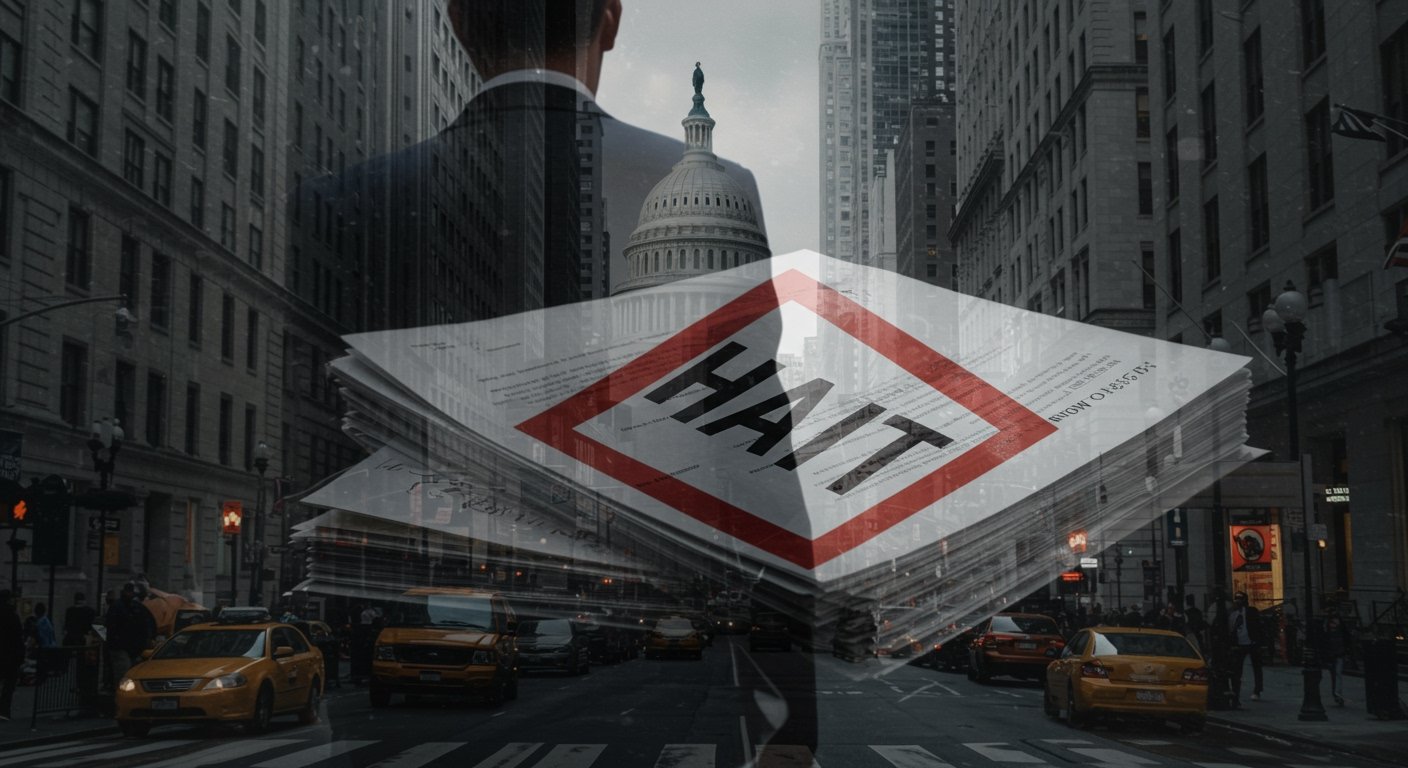Across the United States, communities and activists gathered on Sunday, May 25, 2025, to observe the fifth anniversary of the murder of George Floyd, an event that catalyzed a national reckoning on racial justice and policing. Thousands participated in nationwide remembrances that included religious services, concerts, and vigils, reflecting on the progress made – or not made – since Floyd’s death.
Activists and civil rights advocates used the somber occasion to decry what they described as setbacks to their efforts, particularly pointing to recent actions by the Trump administration. They asserted that these actions have undermined initiatives aimed at reforming police practices and ensuring accountability.
Commemorations Across the Nation
The day saw a diverse range of events held in cities large and small. From quiet religious services offering moments of reflection and prayer to larger public concerts and candlelight vigils, the commemorations underscored the enduring impact of Floyd’s killing on the national consciousness. Many events served not only as memorials but also as platforms for renewed calls for systemic change in law enforcement.
Voices from Key Locations
In Houston, Texas, one significant event was a graveside service where the Reverend Al Sharpton delivered an address. Drawing a parallel to another pivotal moment in civil rights history, Reverend Sharpton reportedly compared George Floyd’s killing to that of Emmett Till, whose 1955 murder and subsequent acquittal of his alleged killers galvanized the Civil Rights Movement. The comparison highlighted the deep historical context in which activists view Floyd’s death and the ongoing struggle for racial justice.
Later in Houston, a separate memorial service was scheduled to take place in a park located approximately 2 miles from the gravesite. This public event was planned to feature a combination of music, preaching, poetry readings, and a balloon release, designed to celebrate Floyd’s life while also reinforcing the calls for change that his death inspired.
Minneapolis, Minnesota, the city where George Floyd was murdered, served as a primary hub for remembrance activities. Events there centered around George Floyd Square, the site where police officer Derek Chauvin killed Floyd by kneeling on his neck for 9 1/2 minutes on May 25, 2020. The commemorations in Minneapolis were not confined to a single day but began earlier in the week, starting Friday (either May 23 or 24, based on the preceding Friday’s date in 2025).
The multi-day Minneapolis events included concerts, a street festival, and a “self-care fair,” fostering community and resilience. The activities culminated on Sunday, May 25, with a worship service, a gospel music concert, and a poignant candlelight vigil at George Floyd Square, drawing attendees together in collective mourning and shared purpose.
Assessing the Pace of Change
Despite the significant attention drawn to police practices since 2020, many activists argue that tangible progress on the ground remains elusive. Michelle Gross, president of Communities United Against Police Brutality, a Minneapolis-based organization, voiced skepticism about official claims of reform. She stated that the progress touted by Minneapolis officials is not evident “in the streets,” suggesting that the fundamental dynamics of policing have not substantially changed for many residents.
Political Context and Policy Reversals
The nationwide remembrances occurred against a backdrop of recent political developments that have fueled activists’ concerns. Just days before the anniversary, on Wednesday, May 21, 2025, the Trump administration took action to cancel settlements previously reached with the cities of Minneapolis and Louisville. These settlements had been aimed at implementing comprehensive overhauls of the respective police departments.
This move by the Trump administration represented a notable departure from the policy approach pursued by the U.S. Justice Department under President Joe Biden, which had favored using such consent decrees and settlements as a means to compel police reform in jurisdictions facing allegations of misconduct or systemic issues. The cancellation of these agreements was seen by many activists as a direct impediment to the systemic changes they have been advocating for since Floyd’s death.
Conclusion
Five years after George Floyd’s murder, the nationwide remembrances served as a powerful reminder of the event’s impact and the persistent calls for police reform and civil rights advancements. While communities mourned and reflected, the political landscape and recent policy shifts underscored the ongoing challenges and the long road ahead in achieving the systemic changes that activists and many citizens believe are necessary to prevent future tragedies.












